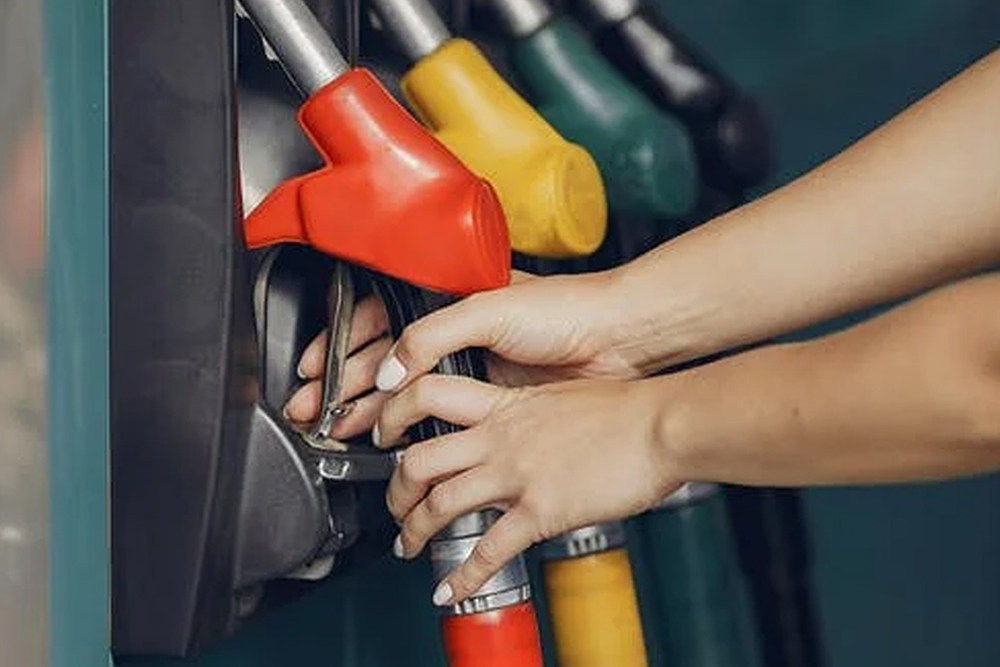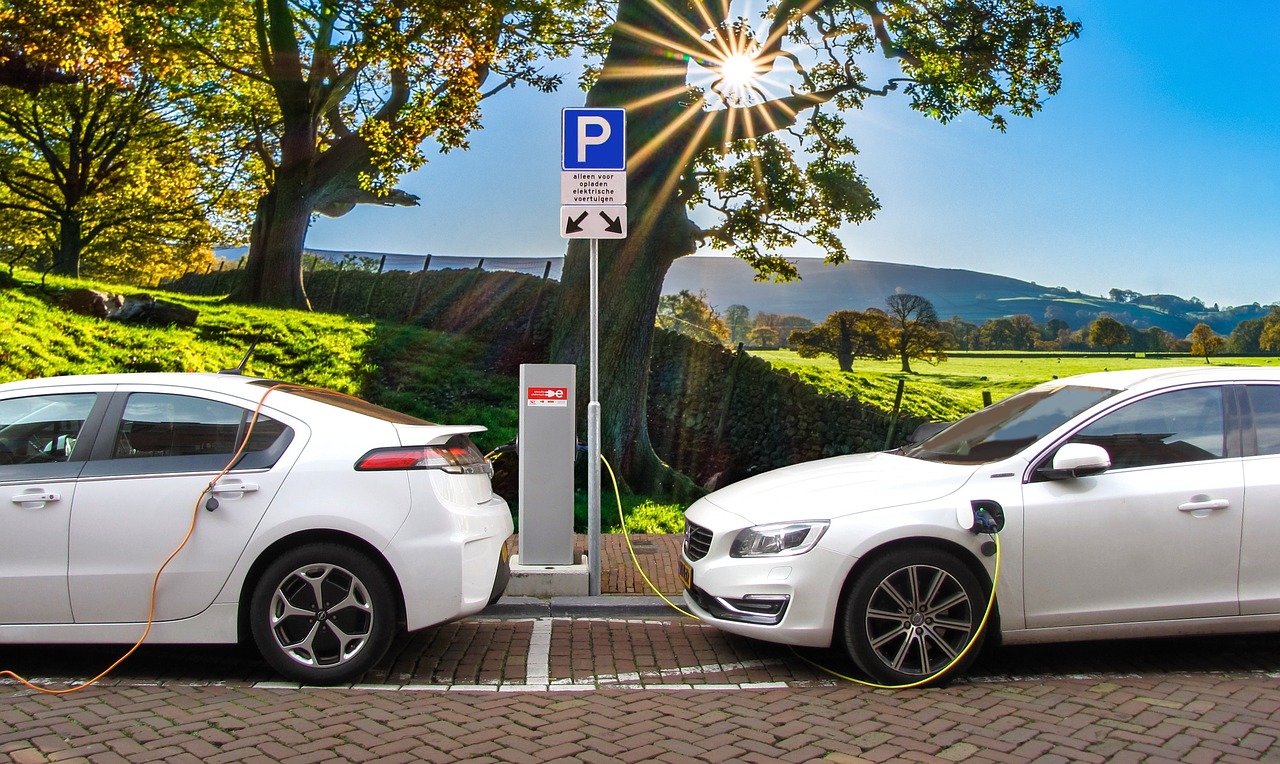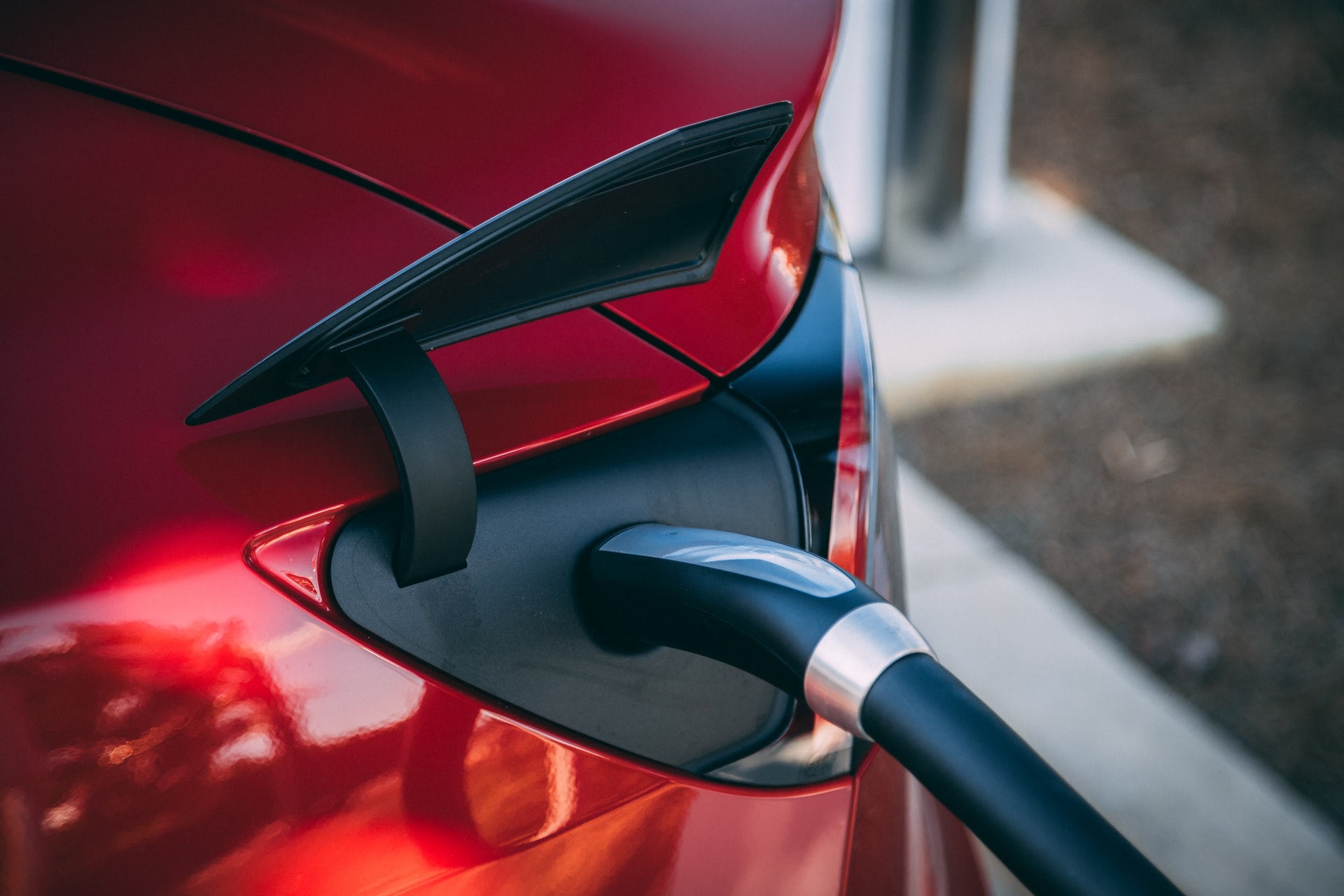
Roman Danaev
Guaranteed Future Value, or GFV, is the term used in car finance for a vehicle’s residual value at the end of a PCP agreement. Your car’s GFV will be calculated by your finance company at the beginning of your contract. If by the end of your deal you wish to purchase the car, you’ll have to pay the GFV.
This article will define GFV, as well as what it’s for, how it’s calculated, and its benefits to the customer.

What is the definition of Guaranteed Future Value?
Guaranteed Future Value (GFV) is the term given to the residual value of a car at the end of a personal contract purchase (PCP) deal. As mentioned above, this value is determined by your lenders at the start of the agreement and does not change.
Find car finance deals with the best rates!
Get a quoteWhat is GFV for?
With a PCP agreement, your monthly payments do not go towards purchasing the car but rather towards the total amount the car will depreciate over the length of your contract.
Technically speaking, you do not own the car until you pay the GFV payment; the lender does. Paying the GFV at the end of the agreement allows you to legally purchase the vehicle for yourself.
How does GFV work?
The guaranteed future value of your car is a figure based on how much your vehicle is expected to depreciate throughout your PCP agreement.
This value will not change, even if your car depreciates faster than expected, but you could be issued additional charges if you exceed your annual mileage allowance or if your car is damaged.
GFV and balloon payments
You may have heard the term “balloon payment” before, but what does it mean? This term refers to the final payment you have to pay at the end of a PCP deal to purchase the vehicle. The balloon payment is equivalent to the guaranteed future value of the car.
There are other options for people who cannot or do not want to pay this optional final payment. For example, rather than purchasing the car outright, you could use it as a part exchange for a new vehicle through a new PCP arrangement.
GFV and annual mileage limits
The annual mileage limit plays a significant role in figuring out a car’s GFV. This is why it’s so crucial that at the beginning of your contract, you agree on an accurate and realistic mileage allowance with your lender. If you exceed this limit, you will be charged extra. This charge can be as little as a few pence for every mile, but this money quickly adds up.
GFV and monthly repayment costs
Once a GFV has been calculated, it’s far easier for the lender to determine how much your monthly payments will be. The cost of these payments depends on the total cost of your car at the beginning of your contract compared with the anticipated value by the end of your agreement. Interest is added on top of this.
The greater the depreciation, the higher your monthly payments will be. Keep in mind when you’re looking for a vehicle that new cars depreciate more quickly than used ones, so monthly payments for new vehicles will be higher.

How is GFV estimated?
Lenders determine your vehicle’s GFV by working out what its anticipated residual value will be by the end of the contract. Several factors go into this calculation, including the make and model of your car, the type of fuel it uses, your agreed-upon mileage limit, and your contract length.
Can you negotiate GFV?
Some dealers may be able to increase your GFV slightly so that you don’t have to pay as much on your monthly payments. However, remember that doing so means you stand a chance of ending up in negative equity.
Is GFV worth it?
Whether or not GFV is worth it entirely depends on you and your situation. A PCP agreement, while relatively affordable compared to some of the other options out there, isn’t necessarily for everyone.
For example, if you don’t care about owning the car at the end of the PCP term, you may want to lease it instead. If you’d like to own the car the second you’ve paid for it, consider a personal loan.
Conclusion
This article has discussed the definition of GFV, giving explanations of how it works, what it’s for, and how lenders calculate it. If you decide on financing a car with a PCP deal, you’ll now know exactly what to expect.
Contents
Latest News
| Loan amount: | £16,000 |
|---|---|
| Length of loan: | 60 months |
| Interest rate: | 12,9% |
| Amount of interest | £5,793.84 |
| Total payment: | £21,793.84 |





